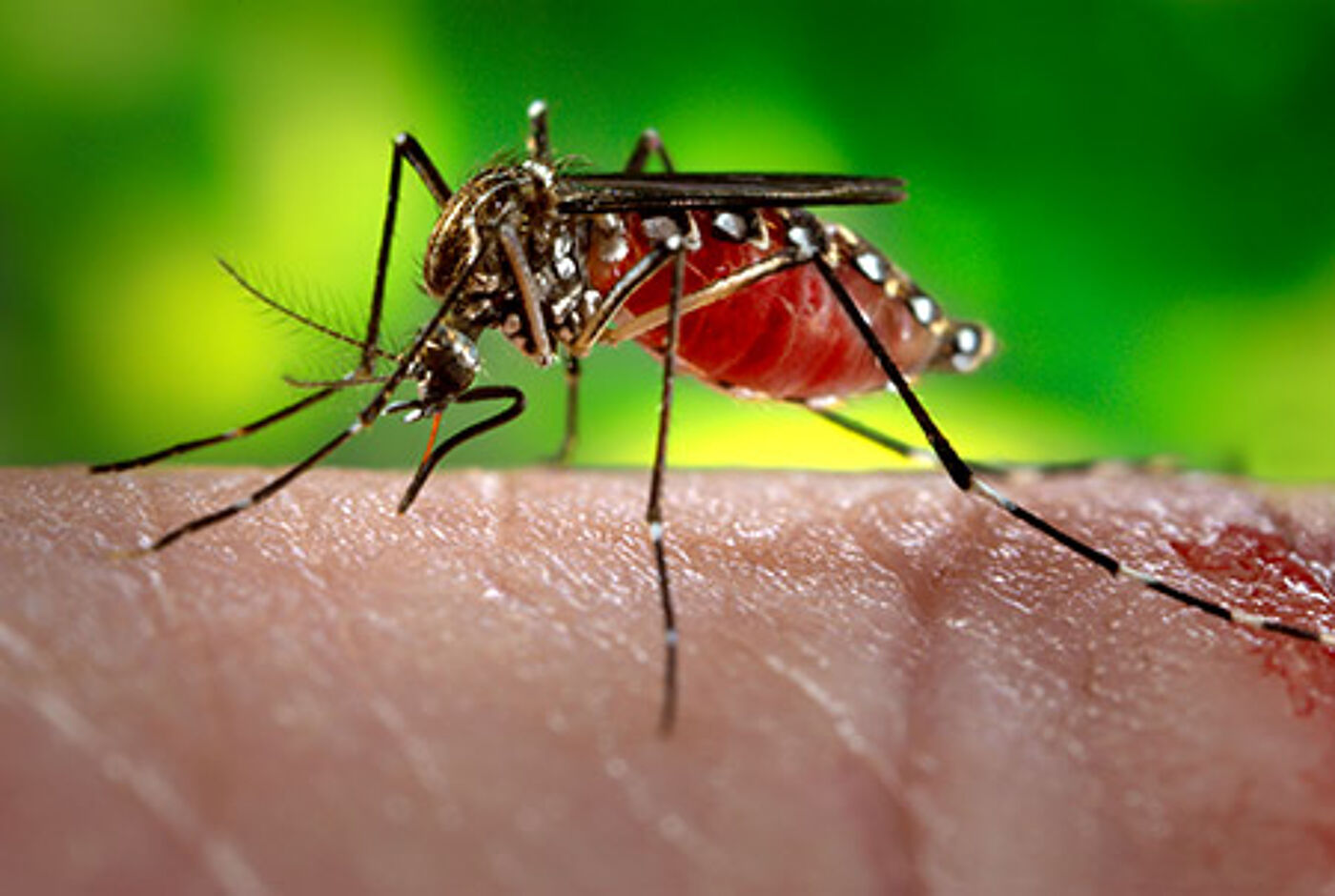Insect-specific viruses
Insect specific viruses (ISV) are often characterized by their specificity to replicate in certain insects (e.g. mosquitoes) and inability to replicate in vertebrate cells. Mosquito-specific viruses belonging to the Flavivirus genus were the first discovered, but others have also been identified in recent years – but this highlights that many mosquitoes in the wild are infected with mosquito specific viruses.
Little is known about the transmission of ISVs, but data suggest they propagate mainly by vertical transmission (parent to progeny). Some of these ISVs are related to mosquito-borne viruses, such as the flaviviruses – dengue and West Nile virus.
Recently, it has been reported that mosquitoes infected with mosquito-specific viruses can influence the infection and transmission of mosquito-borne human pathogenic viruses.
Research at the CVR focuses on the interaction between the mosquito-specific viruses and the mosquito innate immune response, as well as their effect on the infection and transmission of pathogenic mosquito-borne viruses.
Contact: Alain Kohl
[Top]


